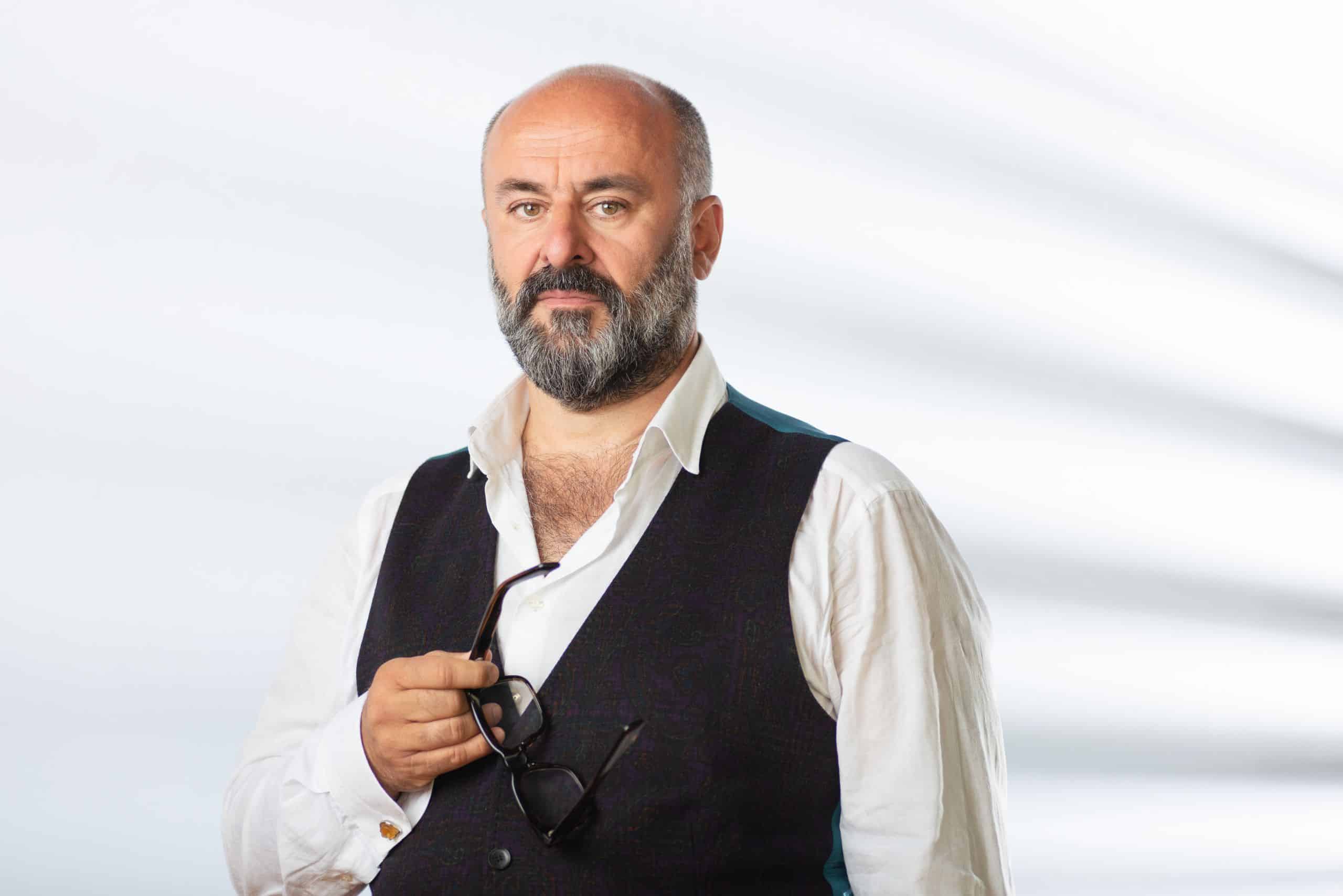Macabre? No, it's a metaphor for cruelty and financial crash
mainThe composer György Ligeti once said that every note he ever wrote reflected his formative experiences as a teenaged slave labourer under the Hungarian Fracists and German Nazis in 1943-45.
Never was this truer than in his only opera Le Grand Macabre, a farce about the imminent destruction of a city, which somehow fails to happen. In the finale, survivors looks around and wonder what they are doing on stage when so many others are gone. Put yourself in the broken shoes of a liberated prisoner in April or May 1945, and the outrageously absurd opera makes sudden, shocking sense.
Staged for the opening of English National Opera’s season at London’s Coliseum, Le Grand Macabre was first performed in Stockholm in 1978, the Swedish text of a Belgian libretto (by Michel de Gelderode) giving it added dimensions of the surreal. Ligeti revised it in 1996, designating English as the preferred language, perhaps because one can be ruder in English than in any tongue except his native Hungarian.
Some of the rudeness is downright silly. The secret police is known as the Gepopo, a play on the Nazis’ Gestapo and on the German baby word for ‘bottom’. At other moments, the supposed obscenity of simulated copulation and sado-masochism are made to seem ridiculous beside the smug haplessness of governments in the face of deepening crisis.
Le Grand Macabre can be viewed as a simultaneous image of two decades, the 1970s when the opera was written and the coming 2010s when we shall suffer the after-shocks of financial collapse. In 1970s terms, there is an awful lot of make love, not war along with hints of Barry McGuire’s ‘ah you don’t believe/ we’re on the eve/of destruction.’ Apocalypse always seemed to be just around the corner.
As a present-day metaphor, the preposterous Prince Go-Go (beautifully sung by countertenor Andrew Watts) could be George Bush, Gordon Brown or Vladimir Putin, pursuing trivial personal agendas while markets melted and millions of lives were wasted. Le Grand Macabre is a satire on the futility of political power.
Beneath both timelines runs the liberation instant of 1945, when there was no turning forward or back for young men like Ligeti, who came to see the world in a curved mirror of absurdity. I may be oversensitive to that moment, which is the hinge of my novel, The Game of Opposites, but having known Ligeti quite well I am beginning to see the opera more as a parable on modern history than as an exercise in post-modern nihilism.
The staging by the Catalan collective La Fura dels Baus is visually unforgettable, a giant fibreglass centrepiece of a naked plump woman, turned every which way around and inside out as the opera ups the ante in defying conventions of the genre. At the very least, the show is an advanced lesson in anatomy.
The music is intermittently arresting – a sumptuous Pain Aria during an act of sexual humiliation and frequent orchestral references to Berg’s operas, Wozzeck and Lulu. Some of the best music echoes the score that Stanley Kubrick stole from Ligeti for his movie 2001: A Space Odyssey. Baldur Brönniman conducts with discreet efficiency and Susanna Andersson was a stunning chief of po-po-police.
But the production, which is shared with Brussels, Barcelona and Rome, belongs less to the world of opera than to performance art and stand-up, slapstick comedy. Those sections of the audience that appreciated the show were mostly under-35s of the internet era who do not recognise barriers between art forms. That is where ENO is pitching its future, and the strategy is beginning to pay off both in artistic stimulus and at box-office. The Edwardian pillars of London’s Coliseum have become home to the unpredictable and the young music director, Ed Gardner, is taking every worthwhile risk in the catalogue.





Comments